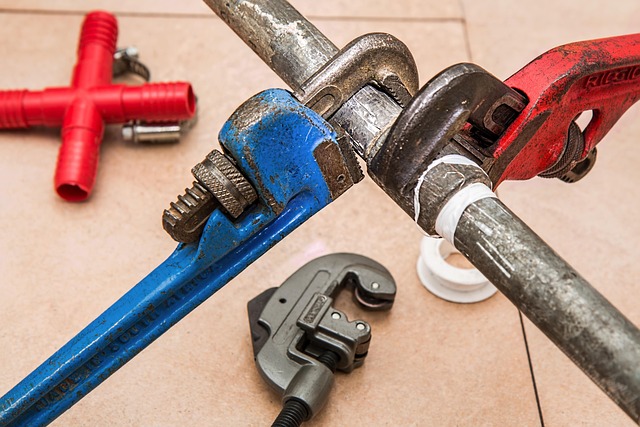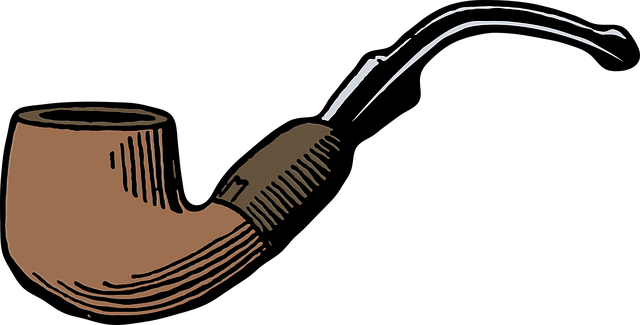Small pipe leaks often go unnoticed but can cause significant water damage over time, leading to structural issues. Early detection through regular Pipe Leak Detection Tips is vital. This includes simple measures like turning off water supplies during vacations, using smart leak detection systems, inspecting pipes for moisture or corrosion, and monitoring water bills and usage. Quick action on leaks, such as shutting off the main water valve and immediate repair, coupled with regular maintenance practices, prevents extensive damage and costly repairs.
Small pipe leaks might seem insignificant, but they can lead to major water damage if left unattended. Understanding the impact of these seemingly minor issues is crucial for homeowners and tenants alike. This article delves into the consequences of neglected pipe leaks and offers practical pipe leak detection tips for early identification. By learning how to catch these problems early, you can prevent extensive water damage and costly repairs.
- Understanding the Impact of Small Pipe Leaks
- Early Detection: Practical Pipe Leak Detection Tips
- Preventing Major Water Damage: What to Do When a Leak Is Detected
Understanding the Impact of Small Pipe Leaks

Small pipe leaks might seem insignificant, but they can lead to substantial water damage over time. Often overlooked, these subtle leaks can cause extensive harm due to their persistent moisture release. From wall and ceiling stains to warped floors and even structural damage, the effects can be far-reaching. Early detection is key; regular checking for Pipe Leak Detection Tips can help prevent these minor issues from escalating into costly repairs.
By identifying small leaks promptly, homeowners can save significant expenses and reduce potential devastation. Simple measures like turning off water supplies during vacations or using smart leak detection systems can act as effective early warning signals. Regular inspection routines should include examining pipes for any signs of moisture or corrosion, checking for unusual water sounds, and being vigilant about unexpected increases in water bills—all crucial Pipe Leak Detection Tips for maintaining a dry and safe living environment.
Early Detection: Practical Pipe Leak Detection Tips

Early detection is key when it comes to pipe leak prevention. Regularly checking for signs of a leak can save you from significant water damage and costly repairs. Start by familiarizing yourself with common indicators, such as mysterious noises coming from your pipes or damp spots on floors or walls. Simply running your hand along the pipes may reveal subtle bulges or signs of corrosion.
Implement practical pipe leak detection tips like installing water meters to monitor usage and checking for sudden spikes. Additionally, consider utilizing technology like smart leaks sensors that can detect even tiny changes in moisture levels. Regular inspection and maintenance, combined with these simple yet effective Pipe Leak Detection Tips, will ensure you catch any potential issues early, preventing widespread damage to your property.
Preventing Major Water Damage: What to Do When a Leak Is Detected

Detecting pipe leaks early is key to preventing major water damage. Once a leak is identified, immediate action should be taken. Start by turning off the main water supply valve to stop the flow of water. Then, assess the extent of the leak and the affected areas. If the leak is small, fix it promptly using suitable tools and materials. Regular maintenance checks can help identify potential issues before they turn into significant problems.
Consider implementing Pipe Leak Detection Tips such as installing moisture detectors in hard-to-reach areas or along pipes, regularly inspecting pipes for any signs of corrosion or damage, and keeping an eye on water pressure. By staying proactive, you can minimize the risk of substantial water damage and save yourself from costly repairs.
Small pipe leaks often go unnoticed, but they can silently escalate into significant water damage. Implementing effective pipe leak detection tips is key to preventing major disasters. Regular inspection, understanding leak patterns, and staying vigilant can help catch these issues early. By promptly addressing leaks, you not only mitigate potential water damage but also save costs associated with repairs and restoration.
